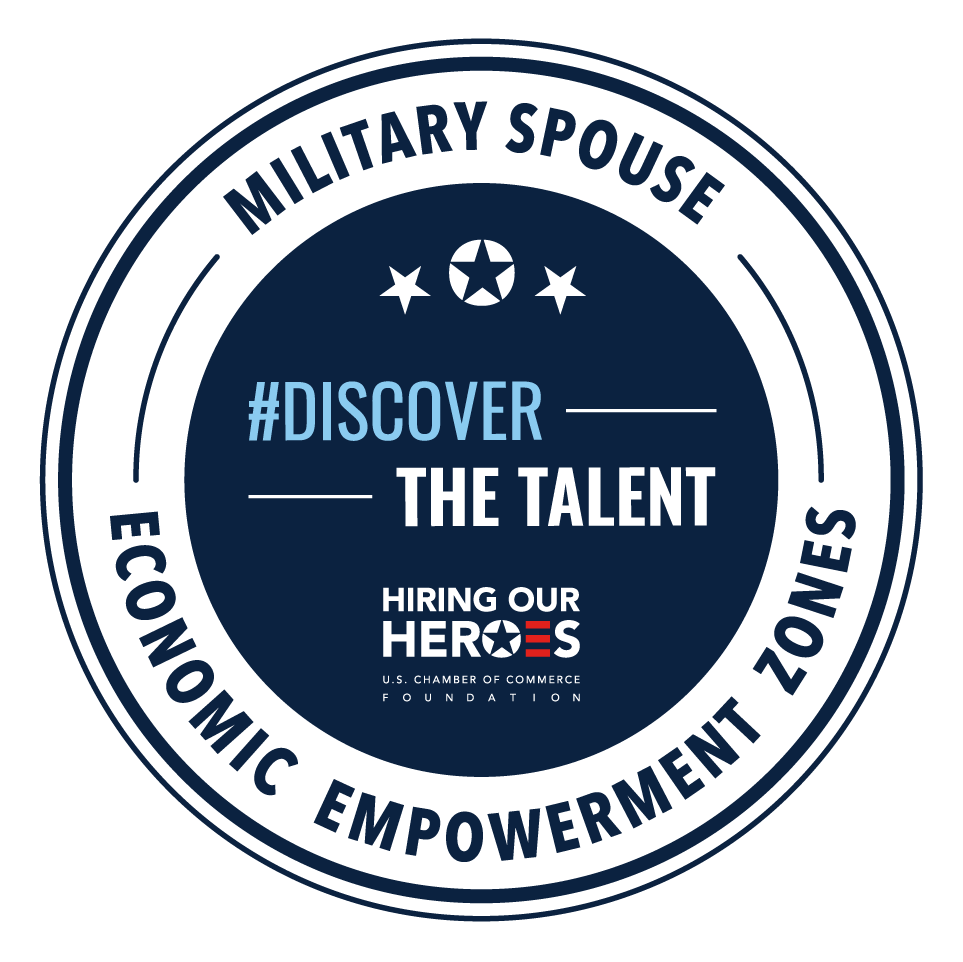For entrepreneurs, our increasingly technology-driven society can be a blessing as unique ideas, products, and services can reach clientele and specific market niches easily. However, when considering self-care and needed time away from one’s desk, constant communication through email, texts, and social media can also be a source of stress. Each business needs to make a plan for approaching communication among staff, clients, and the public to protect not only your business interests but also your mental and emotional health.
Set limits and expectations for communication.
Smartphones are able to keep us connected to our teams and clients, but it’s important to understand both spoken and unspoken communication rules for the field you work in. Make firm decisions as a staff as to how long is acceptable to wait to respond to an email, text, or phone call during the workday and how you will handle away messages or direction to a coworker when out of the office. Make sure rules are clear for how those out of the office are allowed to set limits on responding.
Be present with those in front of you.
While setting rules for being in contact with your team is important, it’s also good etiquette to know when to put away the phones. Make sure staff understand that when you are at a work function, such as a dinner meeting or presentation to a new client, it is important to show the people you are in front of that they are a priority and put communication with others away.
Use “reply all” sparingly.
Another possibly dangerous area of constant communication to navigate is “reply all” emails and group texts. Group communication can function to let everyone working on the same project know important dates, deadlines, and other information, but it can also cause headaches. Almost everyone can share a story of being left to scroll through unnecessary comments and emails from people who should have learned to talk directly to one person. Or, on the other hand, missing an important detail because someone replied only to the sender. Be mindful of people’s time and overrun inboxes and learn to differentiate the information that should be for the whole group versus only for a select few.
Create a social media plan.
If your business is or will be using social media, create a clear plan for more targeted marketing and interaction. Important pieces of etiquette online include professionalism by making sure websites and social media profiles are complete before going live and guidelines for how often you will post or interact with clients on your page. Decide if social media will be a vehicle solely for advertising or if you will be interacting, and make that choice in line with company core values. Use the same etiquette and language you would use offline for client interaction.
Use appropriate word choice.
Depending on your target audience, slang and more casual speech may be appropriate in your marketing materials and social media presence. But in general, keep slang, profanity, emojis, text speak, and continual use of exclamation points out of emails and texts to clients. These guidelines will help ensure that you will not be misinterpreted by someone who does not know the same abbreviated speech as you.
Be sensitive to your audience.
Be aware of differences in your clients’ cultural backgrounds before you hit “send” on holiday cards, communications, or social media posts during the holiday season. For example, for a military audience, make sure you know the difference between Veteran’s Day and Memorial Day. Federal holidays in the United States tend to align with the Christian church, so be aware if you are communicating with Jewish, Muslim, Hindu, or other religious practitioners on your staff or client list during one of their holy days. Consider the implications of holidays such as Columbus Day or Thanksgiving that have complicated histories of oppression for Indigenous Peoples. Certainly celebrate holidays that are important to you, but be aware of what words you use in your communication and why your sentiment may not be returned.
Remember that sometimes old-fashioned is best.
While we live in a world of instant contact, never forget the importance of a good, old-fashioned handwritten card. After an important job interview, client meeting, or new networking opportunity, sending a quick handwritten note can make you a memorable contact. This simple act can be particularly important for younger people dealing with a generational gap with their boss or clients. It can help you appear thoughtful and able to work with a large range of people.
Making sure to understand etiquette for online communication can not only help you grow your business as you appear professional and dependable, but can also help you keep your online and communication presence at a manageable pace for mental and emotional self-care. Quality communication does not have to be constant. You can allow yourself more space to step away when you are confident about the impression you are leaving.



